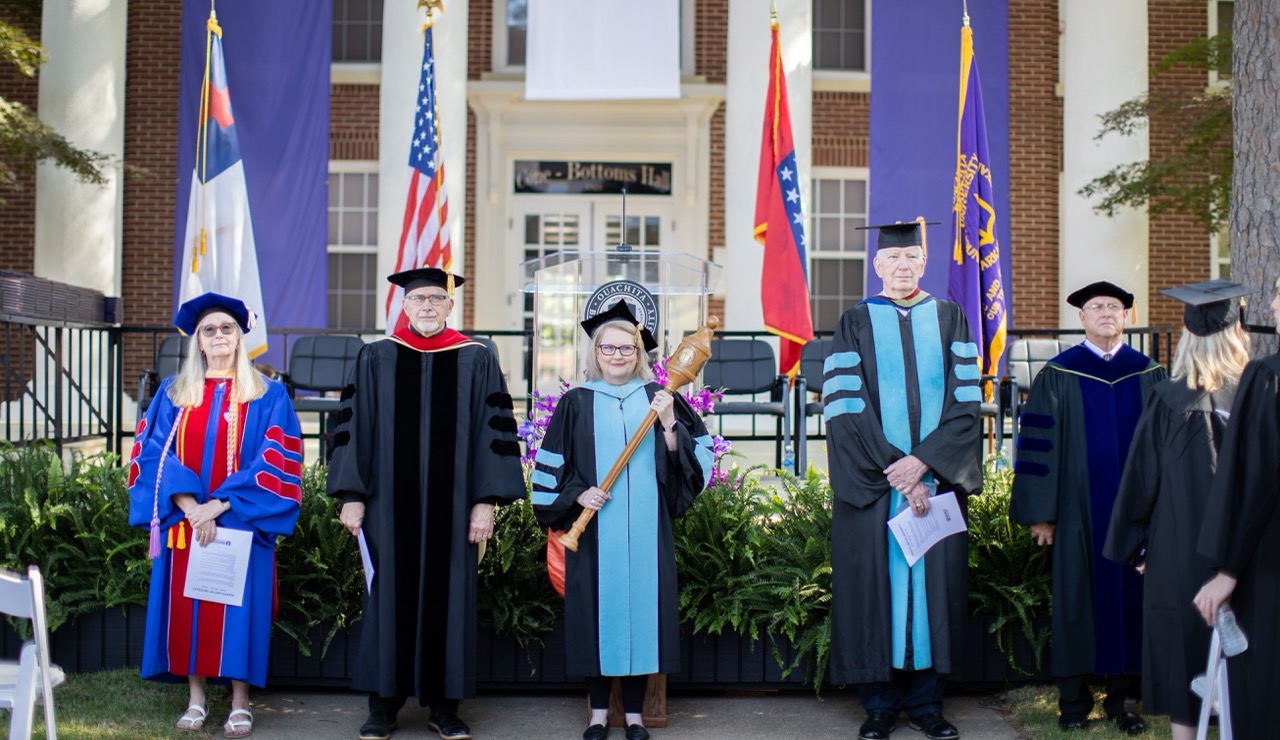Understanding is the death of the quarrel
Banned Books Week 2019
 September 26, 2019
- Kyle Burrow
September 26, 2019
- Kyle BurrowEditorial Note: September 22-28, 2019 is Banned Books Week, an annual celebration
of our freedom to read. Last fall, Dr. Johnny Wink and Dr. Jay Curlin taught an Honors
Seminar on Banned Books. They, along with two of their students, Tucker Douglass and
Kyle Burrow, are this week’s guest writers on the subject.
So, banned books. Typically accepted as not a good idea. But there may be more dimension
to this issue than we’ve given thought to in the past. Don’t get me wrong; I still
think that freedom of speech is a God-given right, but I think that we ought to be
understanding of the people who want to ban certain books. Trying to understand where
they are coming from is the first step to reconciliation with them, and reconciliation
(at least in my opinion) is a better option than quarrelling and conflict.
In the first place, someone might want a book banned because it is offensive. Simple
enough; something in the book doesn’t fit their sensibilities, and they’d like it
taken out, if you please. The fact is, this makes sense. People don’t like being offended
(shocker, I know). It forces them to look inwards, and take stock of their own morality
and ideals. In a culture where we like to blame everything on the system and on other
people – indeed, on literally everyone but ourselves – being offended is tantamount
to being attacked.
In a perfect world, people would demand to be offended, to be treated like thinking,
reasoning adults. But think about it: When was the last time you let something slide
without getting offended? Can you think of that time? It was likely the exception,
not the rule. We can certainly empathize with that, I should think.
Another reason one would want a book banned is because they see it as a threat to
society at large. “What if my children read this book and get bad ideas from it?”
A common phrase to hear from parents. And I think we all, to some degree, feel that.
We all want those under our care to grow up free from conflicting thoughts and safe
from perceived harm. This does not just apply to children, however. Even to our fellow
man, we wish health and safety and freedom from complicated thoughts. Do we really
want someone to go through the sort of existential crisis brought on by “The Brothers
Karamazov?”
It’s important to remember that when we go railing against those who want certain
books banned. However, it is equally important to remember that this same feeling
of existential dread can lead to a stronger conviction of one’s ideals, and we ought
to take this sort of thing in stride. We need conflicting viewpoints to grow as people.
Of course, someone could want a book banned simply in order to keep the masses dumb
and happy. This is often the case with people in positions of power and is often the
one that people run to as the main cause of censorship. But think about it: Let’s
say you were an emperor of an empire that was prosperous and happy, and you had been
for several years. Your subjects love you, the court adores you, and your enemies
respect you. Then a book comes around that threatens to undo all the hard work you’ve
done to keep your empire safe and happy. Would you want that book to be proliferated
throughout your empire? Probably not. Never mind that, if it’s a good book, you could
stand to learn from it, and if it’s a bad one, it’ll sink to the bottom of the cesspool
of bad books and be forgotten.
It is important to try to empathize even with the leaders who try to ban certain books.
But if they don’t listen to reason, it’s important to stand up for what’s right, and
not back down from your morals.
By Kyle Burrow, a senior history and English double major from Ashdown, Ark.
You Also Might Like
Recent
Ouachita reports Spring '26 enrollment, led by 50% increase in graduate students
February 11, 2026





